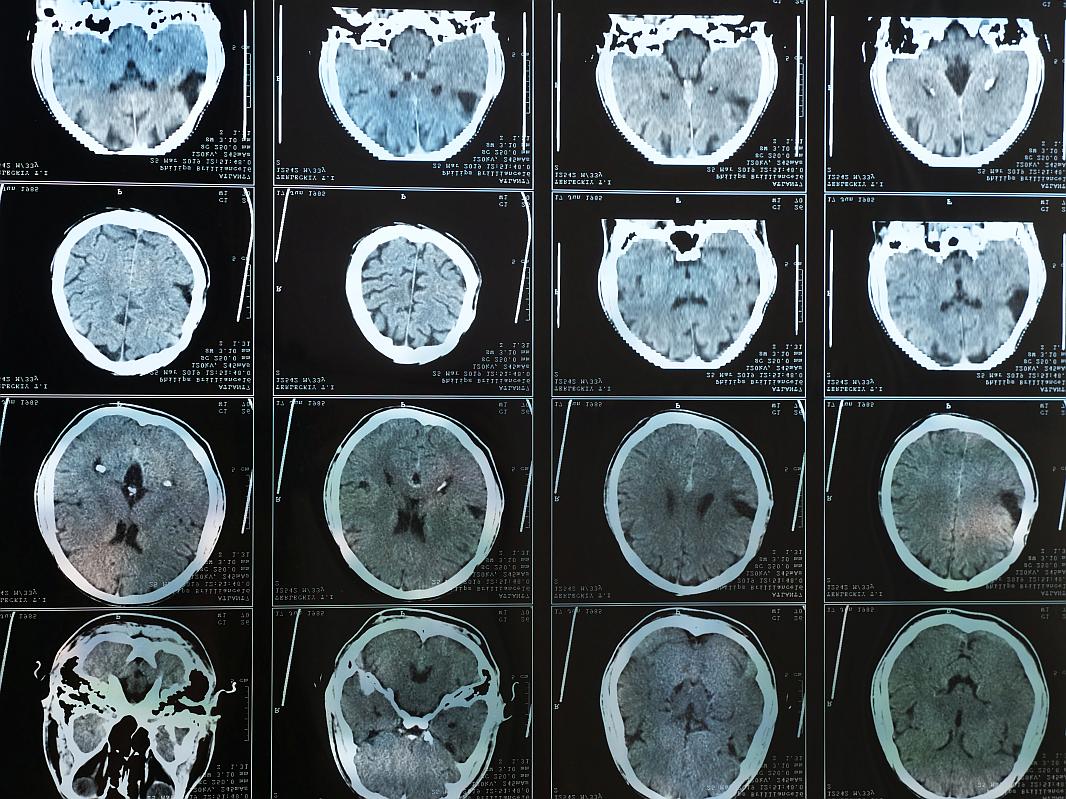Traumatic brain injuries (TBIs) occur when someone experiences a violent blow or jolt to the head or body. These are often caused by falls, car accidents, and serious sports injuries. TBIs can also occur when an object penetrates the brain tissue. Gunshot wounds, combat injuries, and other types of violent acts can cause these types of TBIs. Symptoms can vary greatly depending on whether the TBI is mild or severe, but even mild TBIs can compromise a person’s general quality of life. Victims of TBIs often face an uphill road to recovery, and some may suffer permanent deficits. However, there are proactive steps TBI victims can take that will help them adjust to life after their injury. An LA catastrophic injury lawyer can help determine the cause of the TBI and fight to recover all entitled financial compensation.
What are the Common Symptoms of TBIs?
There are a wide range of symptoms that people with TBIs can experience, depending on the nature of the injury. Some people may have symptoms for days, whereas others can suffer from debilitating symptoms for weeks or longer. TBI symptoms fall into the following four categories:
- Thinking/remembering: These symptoms can include difficulty thinking clearly, feeling slowed or sluggish, difficulty concentrating, or having a hard time remembering information.
- Physical: These symptoms include headaches, fuzzy or blurry vision, nausea or vomiting, dizziness, sensitivity to light or noise, balance problems, and fatigue.
- Emotional/mood: TBIs can also cause irritability, depression, heightened emotions, nervousness, and anxiety.
- Sleep: People with TBIs can also experience sleep issues, including sleeping more than usual, getting too little sleep, and having trouble falling asleep.
How Do I Know if I Have a Moderate to Severe TBI?
All head injuries should be checked out as soon as possible by a health care professional to determine the severity of the injury. The following are common symptoms of a mild TBI:
Physical symptoms
- Loss of consciousness
- Appearing dazed, confused, or disoriented
- Headache
- Fatigue
- Nausea or vomiting
- Speech difficulties
- Trouble sleeping, or sleeping more than usual
- Loss of balance
Sensory symptoms
- Blurred vision
- Ringing in the ears
- Loss of smell
- Sensitivity to light or sound
Cognitive symptoms
- Difficulty concentrating and remembering things
- Mood changes
- Feeling anxious or depressed
The following symptoms are associated with moderate to severe TBIs; they can appear within hours or days of a head injury:
Physical symptoms
- Loss of consciousness for up to several hours
- Persistent headache
- Numb fingers and toes
- Seizures
- Nausea or vomiting
- Dilated pupils
- Clear fluid coming out of the nose or ears
- Loss of coordination
- Inability to wake up from sleeping
Cognitive symptoms
- Significant confusion
- Slurred speech
- Agitation and combativeness
- Loss of consciousness
When is It Necessary to Seek Immediate Medical Attention for a TBI?
It is highly recommended that individuals who suffer a head injury seek medical attention to rule out a serious injury. However, if any of the following symptoms appear, the person suffering from a TBI should be taken to the nearest emergency room as soon as possible:
- Slurred speech
- One pupil is larger than the other
- Unable to recognize people or places
- Convulsions or seizures
- Becoming increasingly agitated, confused, or restless
- Loss of consciousness
Facing the Challenges of the Recovery Process
Adjusting to life after a brain injury can be a challenging and overwhelming process, particularly if the injury was moderate to severe. Oftentimes, patients do not know how to navigate everyday life when they are dealing with physical, emotional, or cognitive deficits. The road to recovery can be a long and difficult one, but the following tips were developed by health care professionals and brain injury experts to help victims of TBIs adjust to life after a brain injury:
- Change the definition of success. After a brain injury, it is important to redefine success when it comes to everyday activities. Things that used to be accomplished without a second thought may now require much more effort and concentration. Patients should establish reasonable goals and focus on the small successes. They should be proactive about setting realistic standards. Having friends, family, and loved ones around to show their support and encouragement can be helpful as well.
- Do not be afraid to ask for help. Oftentimes, people hesitate to ask for help because they do not want to be a burden to their friends or family. Recovering from a brain injury will require hard work, and everyone needs help at some point during the recovery process. Those recovering should not wait to ask for help until the situation has become a serious health crisis.
- Allow the body to heal. It can take a significant amount of time to recover from a brain injury. It is normal to feel frustrated and disappointed if the recovery process takes longer than expected. However, it is important that victims of TBIs show the same kindness and compassion to themselves that they would to a friend or a loved one, and that they allow their body time to heal. Getting frustrated, impatient, and angry will only make the process more difficult.
- Get mental health support. Those who suffered a TBI often experience depression, anxiety, insomnia, and chronic pain. Mental health professionals who specialize in treating patients with TBIs can provide effective tools to manage these issues or provide medication if necessary.
- Consider different career options. This may not always be necessary, but if a TBI is more severe, it can cause permanent physical or cognitive deficits that will make returning to the same job difficult, if not impossible. If this is the case, there are career counselors that can help carve out a new career path. Depending on the individual’s financial situation, part-time work may be a better option.
- Have an open, honest discussion about finances. Treatment for TBIs can take weeks, months, even years, depending on the severity of the injury. The costs associated with this treatment can accumulate quickly, particularly when a patient requires long-term care from physical therapists, occupational therapists, and other specialists. It is important to have an honest conversation about treatment expectations, whether financial support will be needed, and if the patient will be unable to live alone or meet other basic responsibilities due to the injury. The more information that friends and family members have about the patient’s financial situation, the better prepared they will be to take the appropriate steps to help.
- Set realistic goals. To avoid becoming overwhelmed by the recovery process and the hurdles that lie ahead, it is best to break down larger goals into small, more attainable goals. Small successes can build confidence and provide the motivation necessary to reach the next goal.
- Create a support system. After a brain injury, the recovery process will likely be more successful if there is a solid support system in place. Whether that is family, close friends, therapists, or a combination of all three, a support system can help prevent depression, loneliness, and feelings of isolation. There are also support groups that TBI patients can join as it may help to talk to people who are going through a similar experience.
- Be patient. Sometimes this is more easily said than done, but it is essential for people recovering from a brain injury to be patient. When feelings of frustration and anger take over, patients need to find effective relaxation tools to gain control of those feelings. Deep breathing exercises or repeating an affirmation can help.
How can I Prevent a TBI?
The following proactive safety steps can help reduce the risk of serious accidents that cause TBIs:
- Always wear a seat belt. Seat belts save lives and can reduce the severity of injuries in the event of a car accident.
- Do not drive while under the influence of drugs, alcohol, or prescription medication that can cause drowsiness.
- When riding a bicycle, motorcycle, skateboard, snowmobile, or any other all-terrain vehicle, always wear a helmet.
- To prevent serious falls around the house, install handrails in bathrooms and on both sides of the staircase, improve the lighting in the home, remove clutter, undergo regular eye examinations, and remove area rugs.
LA Catastrophic Injury Lawyers at ACTS LAW Assist Victims of Traumatic Brain Injuries
If you or a loved one suffered a traumatic brain injury (TBI), do not hesitate to contact the LA catastrophic injury lawyers at ACTS LAW. We understand how devastating these injuries can be, and that treatment can be very costly. Our skilled and dedicated legal team will work closely with you to review your medical records, walk you through the claims process, and fight to recover the financial compensation you deserve. To schedule a free consultation, call us today at 833-228-7529 or contact us online. With offices located in San Diego and Los Angeles, we serve clients throughout Southern California.


